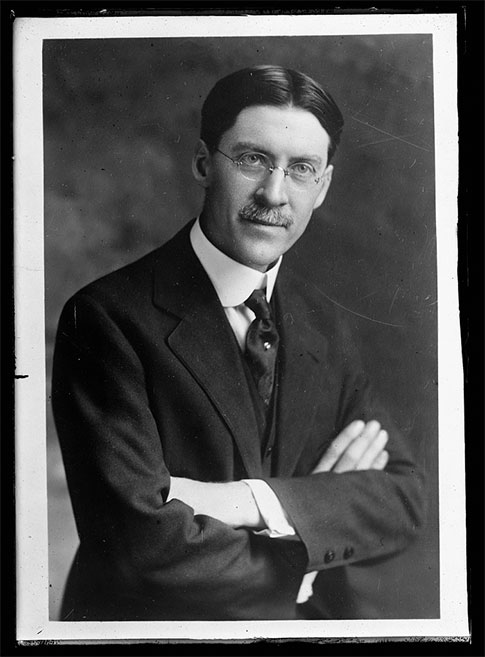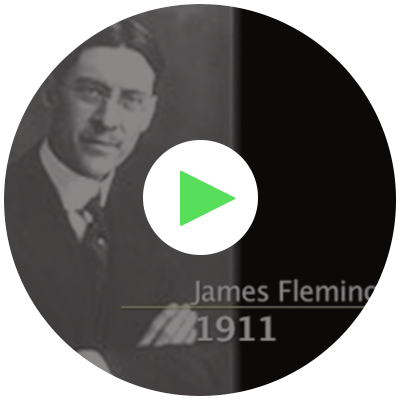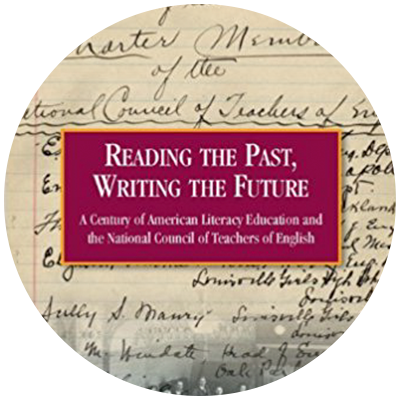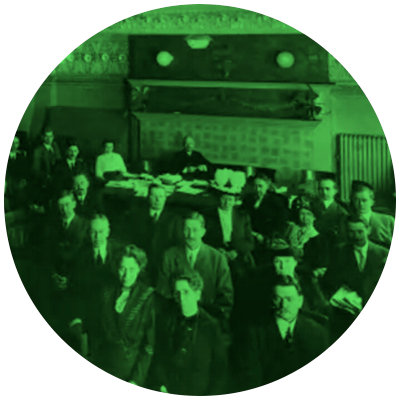Vision
NCTE and its members will apply the power of language and literacy to actively pursue justice and equity for all students and the educators who serve them. As the nation’s oldest organization of pre-K through graduate school literacy educators, NCTE has a rich history of deriving expertise and advocacy from its members’ professional research, practice, and knowledge. Today, we must more precisely align this expertise to advance access, power, agency, affiliation, and impact for all learners.
Access: NCTE and its members will strengthen or create inclusive hubs for state-of-the-art practices, research, and resources, providing access for more diverse voices to create, collaborate, and lead, within and beyond the organization.
Power: NCTE and its members will actively engage families, community members, administrators, colleagues, and other stakeholders and contribute to and critique policy at the local, state, and national levels.
Agency: NCTE and its members will be leaders in nationally recognized instruction, research, and assessment practices that support diverse learners in their journeys to becoming critical thinkers, consumers, and creators who advocate for and actively contribute to a better world.
Affiliation: NCTE’s member-created communities will strengthen cross-community connections, information sharing, and organizing to collaborate more powerfully.
Impact: Ultimately, NCTE and its members’ efforts will deepen every student’s consciousness of worth and widen possibilities for all students’ access, power, agency, affiliation, and impact, across a lifetime.
NCTE members will see the benefits of our collective work through the successes of our instruction, research, public advocacy, and, most critically, our students.
Approved by the NCTE Executive Committee May 2017

NCTE’s History
The National Council of Teachers of English was formed primarily out of protest against overly-specific college entrance requirements and the effects they were having on high school English education.
The English Round Table of the Secondary Division of the National Education Association appointed a committee led by James F. Hosic to survey college entrance exam requirements. It was a finding of this committee that there was a “need of a permanent, nation-wide organization of teachers of English” (taken from A Long Way Together: A Personal View of NCTE’s First Sixty-Seven Years by J.N. Hook).
The organizational meeting was held December 1 and 2, 1911. Hosic sent out a call to attend this meeting to over four hundred people around the country. The following is an excerpt of his call as it appears in A Long Way Together:
“The English Round Table of the National Education Association, at its recent meeting in San Francisco, passed a resolution calling upon the Committee on College-Entrance Requirements which was appointed in Boston the year before, to organize a National Council of Teachers of English. The intention was to create a representative body, which could reflect and render effective the will of the various local associations and of individual teachers, and, by securing concert of action, greatly improve the conditions surrounding English work. . .”
Approximately 65 people attended the organizational meeting, and on December 2, 1911, at the Great Northern Hotel in Chicago, 35 people signed the roster of charter members of the National Council of Teachers of English.
NCTE Centennial:
Reading the Past, Writing the Future
On November 5, 1911, “Dear Fellow-Teacher” letters were sent to more than 400 persons across the United States inviting them to help organize a National Council of Teachers of English. Nearly 70 educators attended that first meeting December 1-2; their goal: to create an organization that would “increase the effectiveness of school and college work in English.”
In 2011 the National Council of Teachers of English, founded in Chicago in December 1911, marked its Centennial, 100 years of leadership in literacy education. As our Centennial slogan suggests, we are reading the past and writing the future.
View the News-Gazette article about our 100 years.
Learn about NCTE’s history and the history of literacy education in these Centennial resources!
The Film
Watch history come to life in this documentary that chronicles the influence and importance of the 100-year-old National Council of Teachers of English.
The Book
To celebrate NCTE’s 100th anniversary, the Task Force on Council History suggested a volume documenting the history of literacy education and of NCTE.
Learn More
Then & Now
We asked teachers to share their history, their own stories of how their instruction has changed over a few years or over many.



